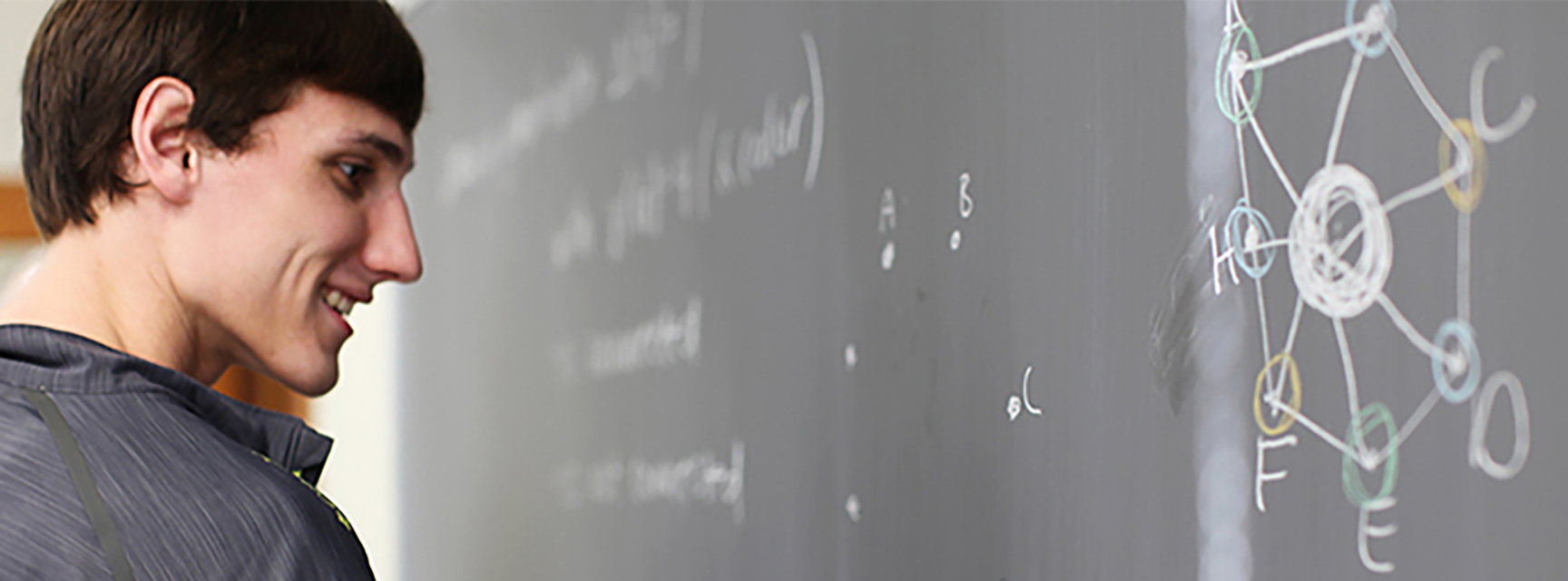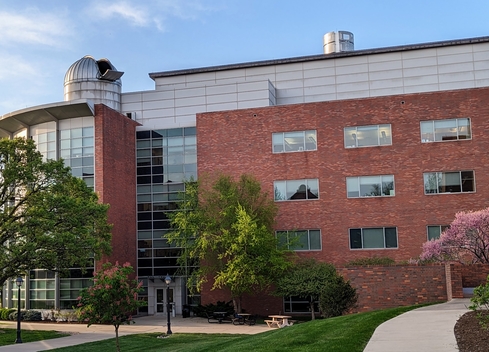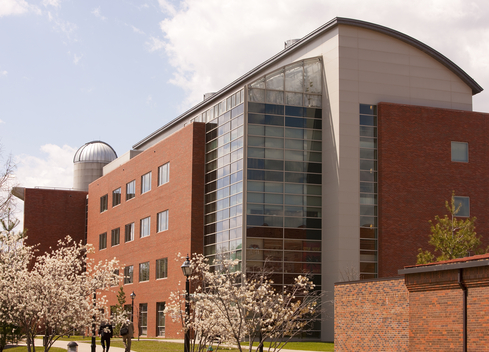The Building Block of Many Career Paths
Dealing with problems in a global society requires integration of knowledge and strong problem solving skills. Performing informative and interesting experiments is one way a physicist connects with the world, advancing the basic principles of both pure and applied science. A good physicist must communicate not only what they have done, but why it is important, and communicate these things not just to their colleagues, but to the world at large. Being able to solve problems in one’s personal life, whether at work or at home or in the community, is a necessary skill to be able to grow and move past challenges. Also, being able to effectively communicate what they know and why it’s important to them will help students reach personal goals throughout their lives.
Upon the completion of a physics major at Millikin University, a student should be able to:
- Solve complex problems that require integrating knowledge from a variety of subfields, including classical mechanics, classical electrodynamics, thermodynamics, atomic and nuclear physics, and quantum mechanics, as well as incorporating sophisticated mathematical techniques such as partial differential equations, tensor mathematics, calculus of vector fields, and linear algebra.
- Follow the scientific method to design and carry out informative and professionally interesting experiments, utilizing laboratory techniques sufficiently advanced as to allow an easy transition to graduate school or industry.
- Effectively communicate scientific knowledge to general audiences as well as colleagues in the field via oral presentations, formal journal articles, and writing for the layperson.


